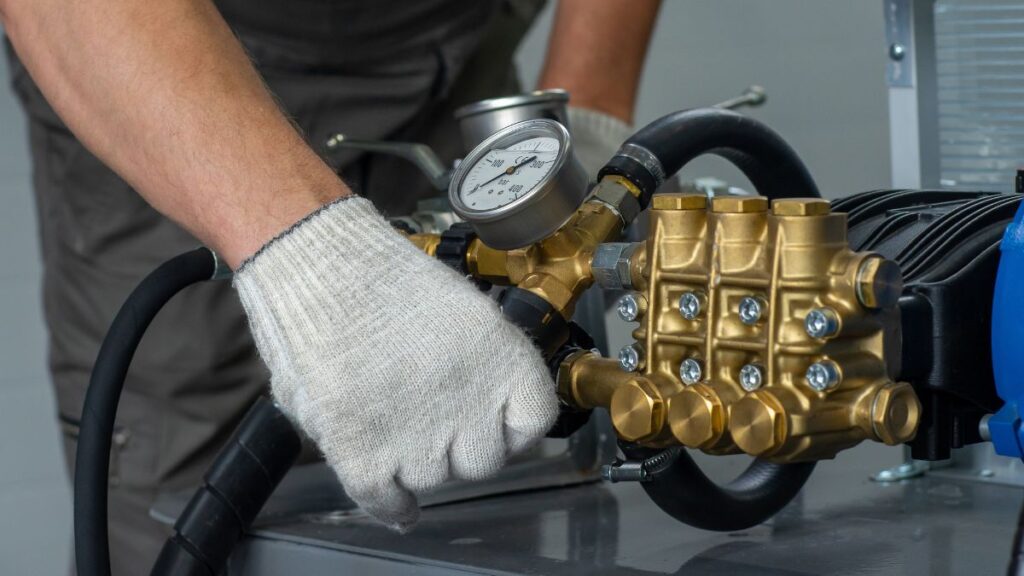
Proper hydraulic hose testing is essential for any business owner or hydraulic system operator to maintain optimal hose performance, prevent system failures, and assure personnel safety. Explore some of the critical hydraulic hose tests that can help ensure the reliability of your system operations.
Burst Test
The burst test determines the pressure at which a hydraulic hose will fail, or burst, under extreme pressures. This test subjects the hose to steadily increasing pressure until a rupture occurs. Burst tests are an important means of establishing the strength and durability of your hydraulic hoses, providing crucial information on product quality and potential system weaknesses.
Impulse Test
An impulse test, also known as a pressure cycle test, is carried out to simulate the rapid fluctuations in pressure that hydraulic hoses commonly experience during operation. The hydraulic hose is subjected to continual cycles of pressure that vary between high peaks and low troughs. This test helps to identify any fatigue points or potential leaks and can assist in predicting the lifecycle of a hydraulic hose assembly.
Proof Pressure Test
The proof pressure test is designed to confirm that a hydraulic hose can handle its rated working pressure without any sign of leakage. The two methods for this test are hydrostatic and pneumatic testing. In this testing process, the hose is gradually pressurized to its maximum rated working pressure and held at that level for a predetermined time. Any signs of leakage or failure during the test will require replacing the hose.
Kink Test
The kink test ensures that a hydraulic hose maintains its structural integrity and fluid flow when subjected to bending or twisting forces. This test involves bending the hose to a predetermined angle and observing whether any kinks, flattening, or deformations occur. The kink test helps to evaluate the hose’s flexibility, resilience, and ability to withstand physical stress.
Abrasion Test
Hydraulic hoses can be exposed to a range of abrasive materials and environments, so it is essential to ensure that your hoses are resistant to wear. The abrasion test involves exposing the hydraulic hose to various abrasive materials, such as sand, grit, or metal shavings, and examining the hose for any signs of wear, tear, or other damage.
Hydraulic hose testing plays a crucial role in maintaining system reliability and ensuring the safety of your operations. By conducting regular tests, such as those mentioned above, you can identify any potential issues before they become critical, prevent system failures, and extend the service life of your hydraulic hoses. Remember that the specific testing requirements and procedures may vary depending on the hydraulic hose manufacturer or industry standards, so always consult relevant guidelines and seek expert advice when tailoring your testing program.
- What To Bring on the Boat for a Day Trip – February 15, 2024
- International Shipping: How To Safely Transport Liquid – February 9, 2024
- Filtration Solutions for Maritime Applications – February 8, 2024




Leave a Reply